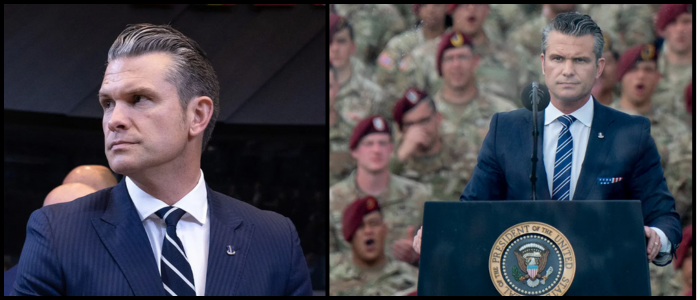"No service members will be returning home," two U.S. defense officials confirmed, stressing that this affects non-uniformed dependents and civilians and not uniformed service members.
No Specific Threat Cited, But Danger Level Increasing
While the Department of Defense has not singled out a particular threat, officials concede that they are increasingly worried about the activities of Iranian-backed militias and overall instability in the region. The authorization was made "to protect the safety and security of our service members and their families," according to a senior defense official.
The move came after testimony from General Michael Kurilla—Karen's boss as CENTCOM commander—was postponed amid growing evidence of General Milley's phone contacts with China, as well as with defense officials in Australia and France. His departure had been explained as the result of increased tensions in the CENTCOM area where conflicts are growing.
Following U.S. Military Protocloce Voluntary Departure
This kind of thing is rare, but it is allowed in U.S. military doctrine JP 3-68, which permits for government-funded voluntary evacuation of command-sponsored dependents and nonessential personnel in "declining security situations. The descendants would be allowed to leave for certain pre-determined safe zones costing their travel to the zone and their return to be paid for by the state.
CENTCOM said it is coordinating closely with the State Department and other regional allies and partners to stay mission-capable in the event there is an additional escalation.
World

Pentagon Approves Voluntary Exit of U.S. Military Families from Middle East

Pete Hegseth, Secretary of Defense of the United States, will leave voluntarily the american dependents of the military in various Middle Eastern countries, and that because of the mounting tensions and the regional instability in general. The order includes locations under the U.S. Central Command, or CENTCOM, including Iraq, Syria, Bahrain, Qatar and the United Arab Emirates, though officials said the order would have the most effect in Bahrain, where a significant population of military dependents is located just a short distance from a major U.S. Navy base.















